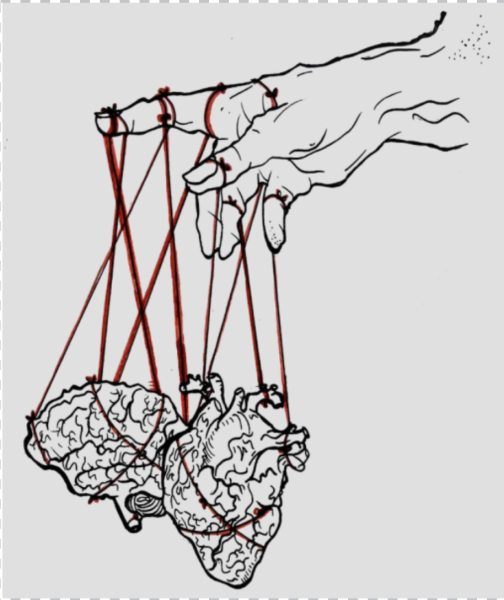Thank You For Your Service?
This article was published as part of the November 2019 issue. Do these issues still hold true today?
They arrived with tanned faces, mehendi-patterned hands, and legs adorned in flowy elephant pants that were on the verge of falling off. They were the jet lagged Year 11’s who had just come back from the Cambodia service trip.
The Cambodia trip is a long-running ISL tradition. Following months of planning, the students packed their bags to toil away in the Cambodian heat. Or that’s what it seems, according to their Instagram pictures at least.
The trip isn’t inherently bad. However, it’s more of a learning experience for the privileged private school kids who drop over a grand to go there. Everything has been a carefully curated experience by an organization that specializes in “Inspirational School Trips”. Service learning has become an industry.
For many students, the trip was a massive reality check. It allowed them to experience what poverty looks like as they hop on the chartered bus into various Cambodian villages. Ashamed of their privilege, they were almost brought to tears by the poverty they witnessed. That is, until it was bedtime, where they returned to their four-star hotel with a pool.
Teenagers tasked to build a house for free, even with professional supervision, is nowhere near as good as skilled labourers earning a living wage. It would be beneficial if the fundraisers focused on raising money to donate to families in order to hire skilled labourers.
Same goes with teaching English at a school for one day. It’s not about teaching Cambodian students basic English phrases, that’s the job of teachers at the school. A belief being pushed was that teaching them English allowed them to get accustomed to different accents so they can work in the tourism industry. However, it only serves as a chance for ISL students to interact with Cambodian students and come to the conclusion they are no different from us.
One of the main sentiments thrown around was that the service they did benefit the community. It’s not actually the service itself that benefits the Cambodians involved, but the rather exorbitant amounts of money they spend over there at local Cambodian businesses. The trip could be more effective if micro financing schemes take place to support such businesses.
The length of the trip itself is also an issue: it’s around a week but only over half of the days are for service. This leaves the rest for “cultural immersion”, where students can visit attractions such as Angkor Wat and the numerous night markets. Fundraising endeavours aside, service is meant to be done continually to form lasting connections as opposed to something in the span of a few days.
The nature of the trip also makes us forget that poverty is prevalent in Switzerland. It’s not necessary to organize a trip to somewhere far away when we can just work directly with local organizations providing support for those who need it.
Having said this, the Cambodia trip isn’t a bad idea. It just requires detailed thinking into the core purpose of this service experience.

I’m Tanvi, Editor-in-Chief of The High. I’m The High’s resident pretentious music snob™, which is a title that I take very seriously. When...


